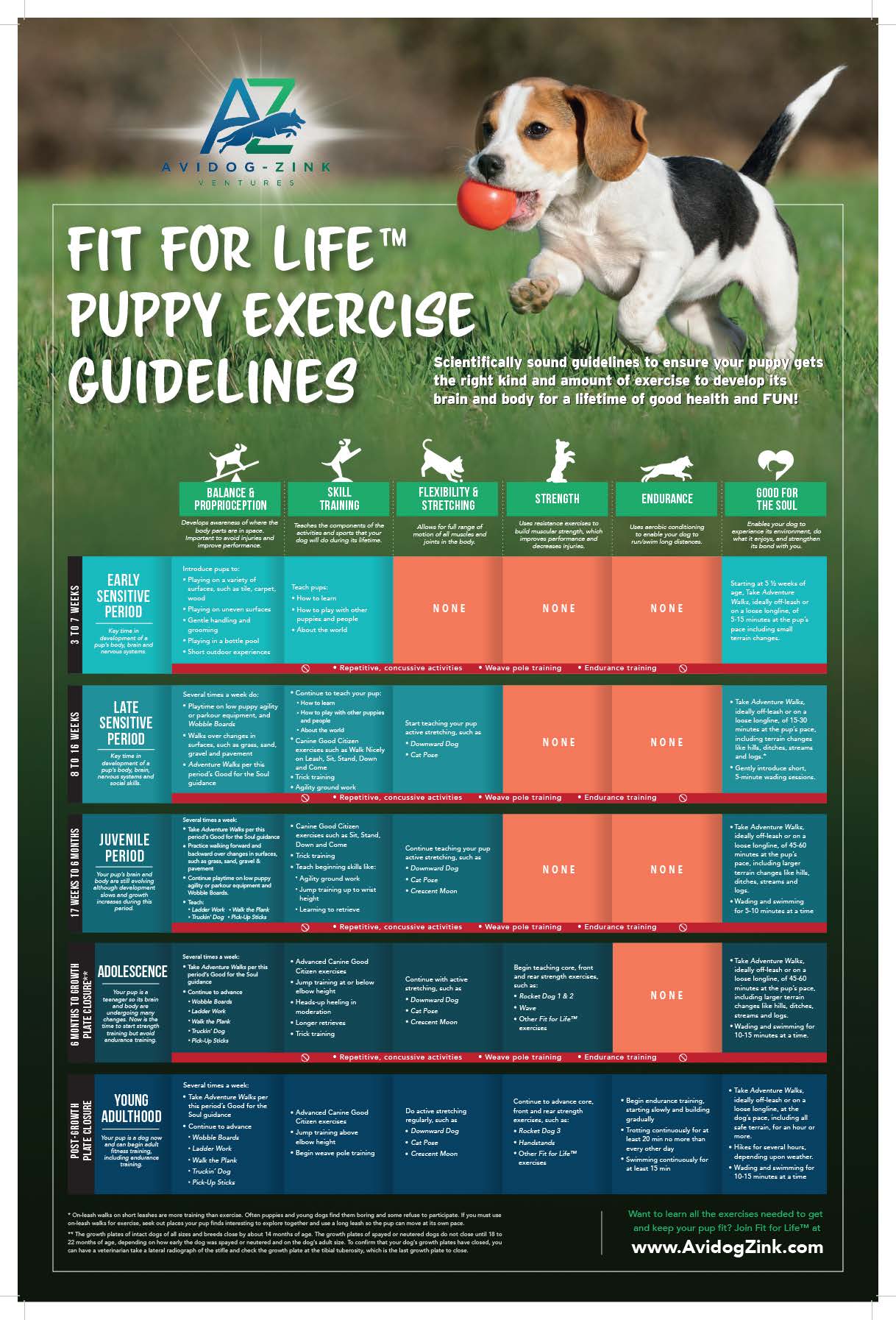
Clients don’t want to be dog trainers, that’s not why they call you. Nor are they interested in acquiring those skills. But in reality most owners lack the skills needed to do much of what we ask of them in an effective and expedient way. Yes, it would be ideal if they were to become enthusiastic hobby trainers. Yes, they should take responsibility for the animals they have brought into their homes. I am not advocating a return to past ages where we took dogs into kennels for two weeks and returned them ‘trained.’ I am advocating an approach that takes into account the realities of clients’ lives.Ĭoaching-most often a one-hour session once per week in which the trainer instructs and coaches the client on the training they are to do on their own in the intervening week-places too great a burden on the dog guardian. The concept sounds so right-of course owners should train their dogs, they’re the ones who live with them! But let’s step back and consider the practicalities of the idea and re-examine what our clients really need to know to live successfully with their dogs.įirst, let me be perfectly clear: Anyone who knows my work in public class curriculum development and teacher instruction knows I’m adamant about giving owners the skills and knowledge to succeed at home and out in the world on their own. The heart of the trouble is our coaching approach, our religious insistence on training people to train their own dogs. It’s time to leave behind feeling guilty and reproaching clients, pinpoint the true problems, and focus on solutions. We have learned to stop blaming the dog and just get on with training him.



Alternately, we internalize the failure and blame poor results on our own shortcomings. We trainers often feel frustrated by unfinished cases and low client compliance-endemic issues in our industry-leading us to describe owners as lazy, uncommitted, unskilled, uncaring, cheap.


 0 kommentar(er)
0 kommentar(er)
